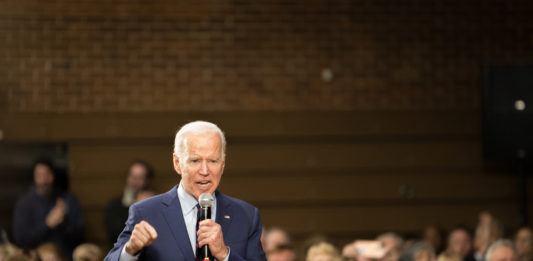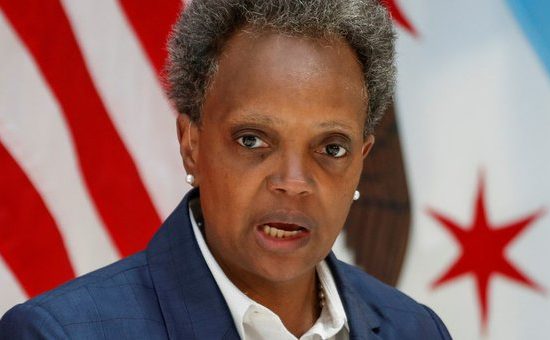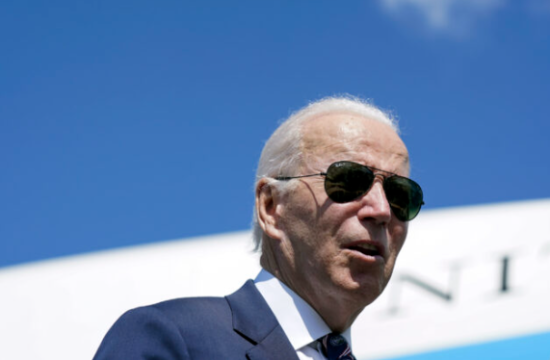After hours of fighting, House Democrats reached a compromise Tuesday that would approve the $3.5 trillion budget resolution. It also set up floor action for the bipartisan infrastructure bill by Sept. 27, and advance voting rights legislation.
Why it is important: This deal is crucial to advance Democrats’ top priorities, which all are likely to receive little or no support from the House Republicans.
In Between the lines: This is after a dispute between House leadership, progressives, and moderate Democrats about the order they should tackle the passage of their dual infrastructure bills.
- The moderates led by Rep. Josh Gottheimer (D.N.J.) wanted to vote on the bipartisan $1.2 trillion infrastructure bill before voting on the budget resolution. This opens up the process for Democrats in order to pass their $3.5 billion reconciliation package.
- They are concerned that delaying the bill could reduce its chances of passing, particularly if it is caught up in a series more complicated votes on harder legislation.
- However, Nancy Pelosi, the House Speaker, tried to placate progressives by insisting that the House would not vote on the Senate’s infrastructure bill until it passed the Democrats’ $3.5 trillion reconciliation bill — effectively using the bipartisan bill’s leverage.
The result: All sides can say that they have something, but no one can claim total victory.
- The principal goal of the moderates was to force the leadership to vote for the $1.2 trillion infrastructure bill. They’ll claim they got the party to vote at most by Sept. 27, but the deadline is not binding, making it less of a power play and more of a talking point.
- Although the haggling caused a lot of frustration among their Democratic colleagues, it did earn them an important centrist vote. Rep. Stephanie Murphy (D – Fla .) joined their ranks. They were also able to show how influential they can be when they work together, which was a boost for them ahead of the expected infrastructure battle next month.
- Pelosi was able to pass the budget framework before the vote on the bipartisan bill. However, this didn’t happen without much struggle — not good for a party controlling both the White House and Congress.
- Pelosi cannot ignore the Sept. 27 deadline that she set herself. Pelosi and other leaders will need to address this issue when the deadline approaches.
- “In consultation and with the Chair, Transportation and Infrastructure Committee, we have committed to passing the bipartisan infrastructure bill before September 27. I do so with a commitment to rally House Democratic support for its passage,” Pelosi said in a statement Tuesday afternoon.
- It is highly unlikely that the massive reconciliation bill will be completed by September 27th. The Congressional committees are currently working on different sections and have a soft deadline to submit their legislative text by Sept. 15.
What they’re saying: “These negotiations are never easy. I think it was Hillary Clinton who says, ‘It takes a village.’ I say, ‘It takes a therapist,’” said House Rules Committee Chairman Jim McGovern.
What to watch: How inter-party fighting threatens the House Democratic caucus’ balance of power. Pelosi has had to cope with demands from different parties for a long time, but the leadership expected that the holdouts would fall to the test.
- The Moderate Democrats surprised everyone by holding their ground Monday.
- How these power dynamics continue to shift will be key to watch this fall when the House tries to pass both infrastructure bills as well as a flurry of must-pass government funding and debt limit legislation.
What’s next: The House is expected to vote on a procedural rule this afternoon that would “deem” the $3.5 trillion budget as passed and set up the eventual vote on the $1.2 trillion bipartisan package.












